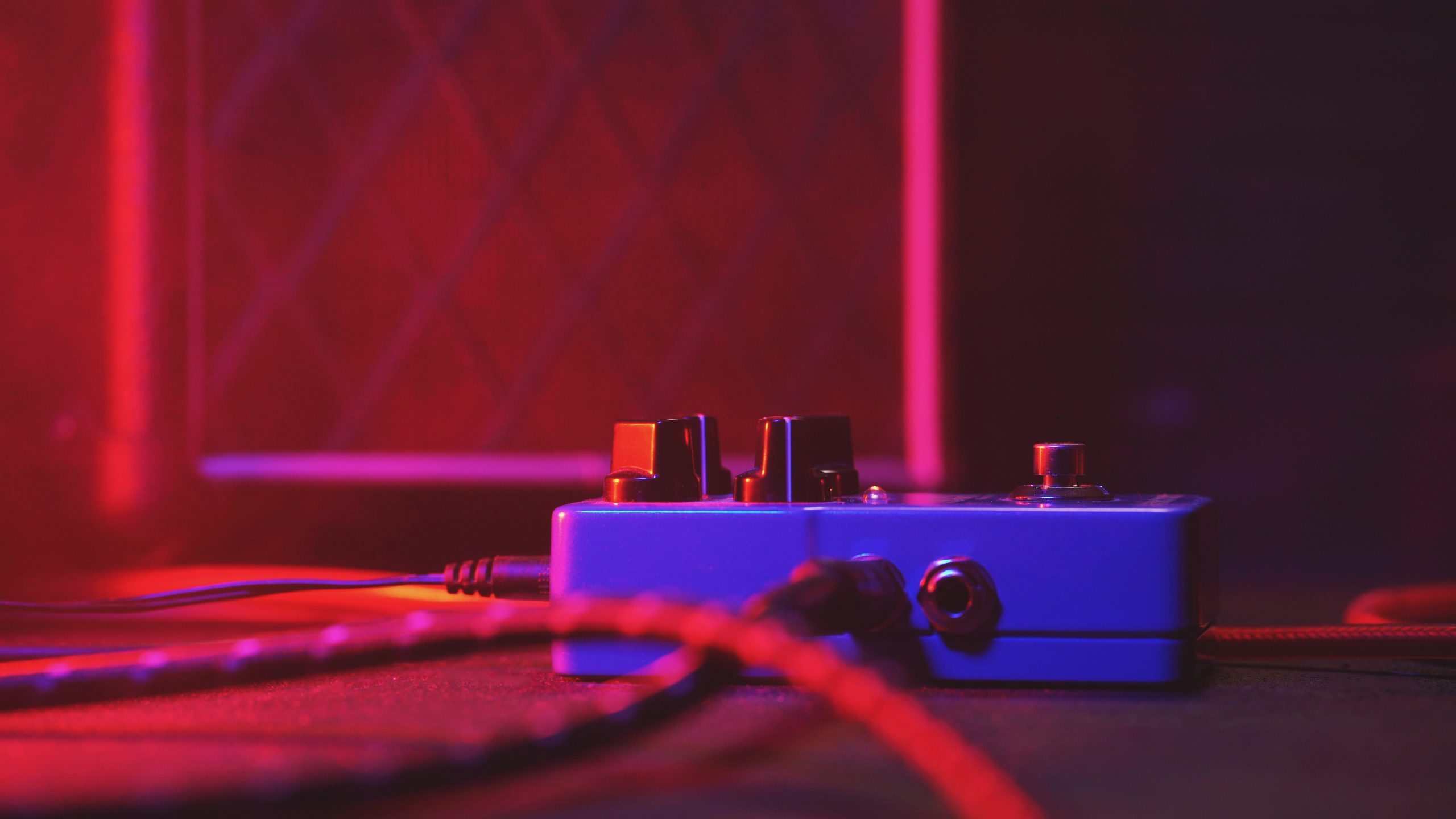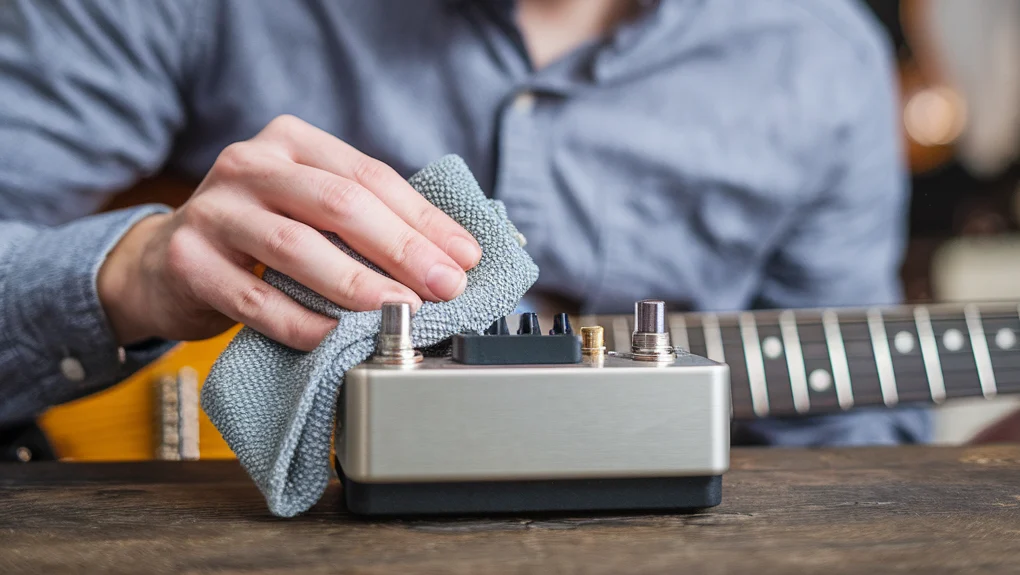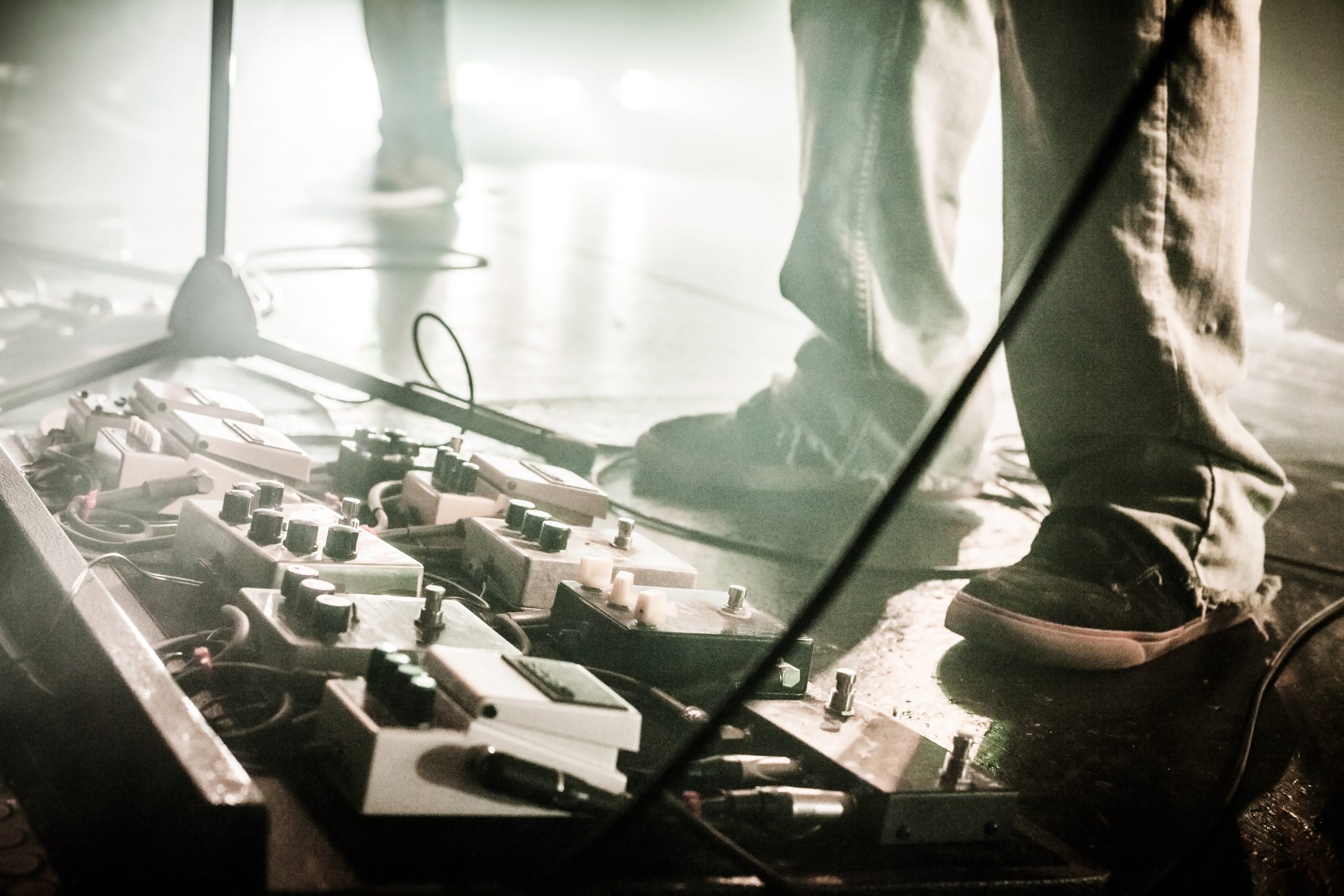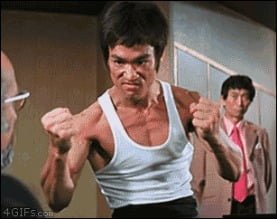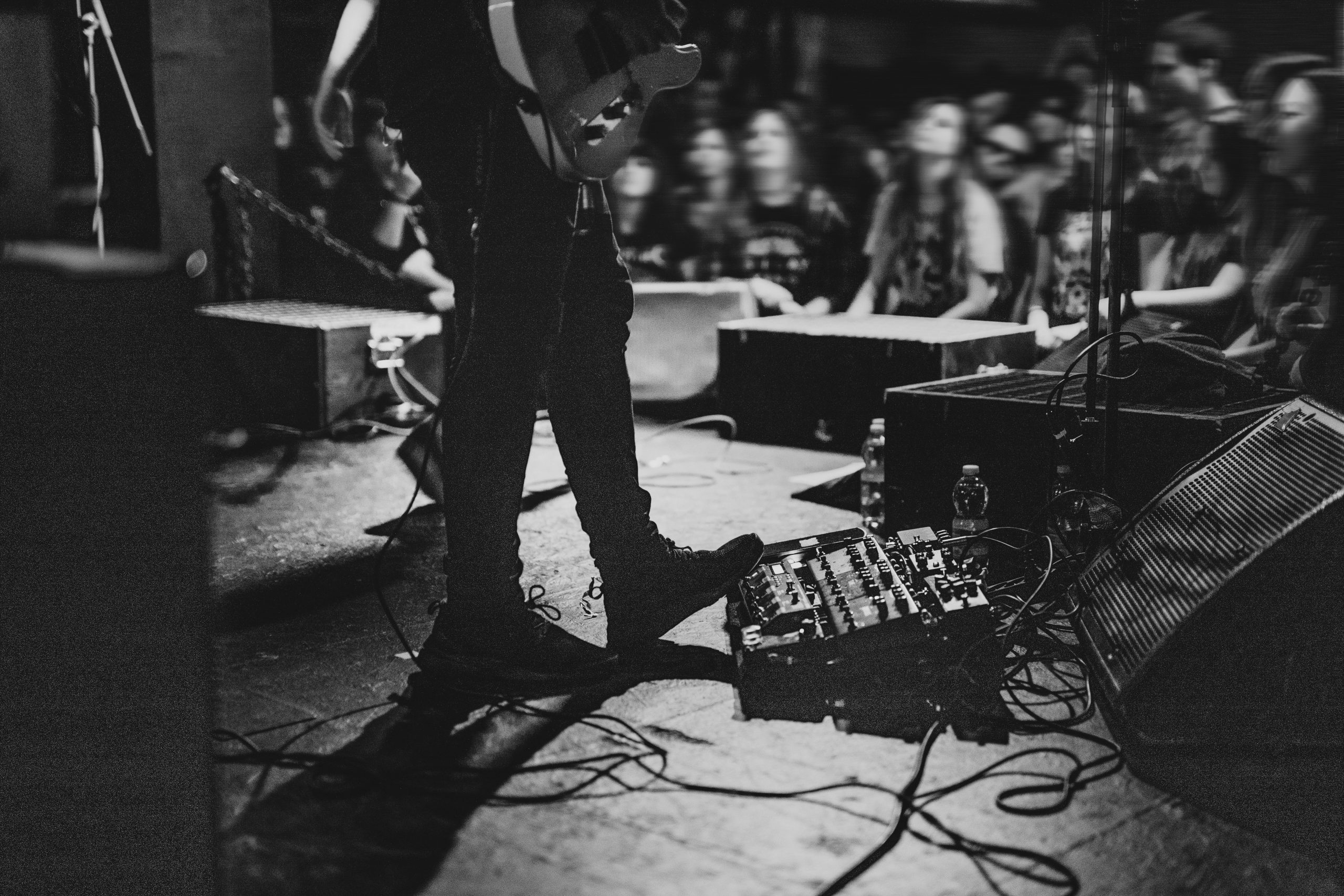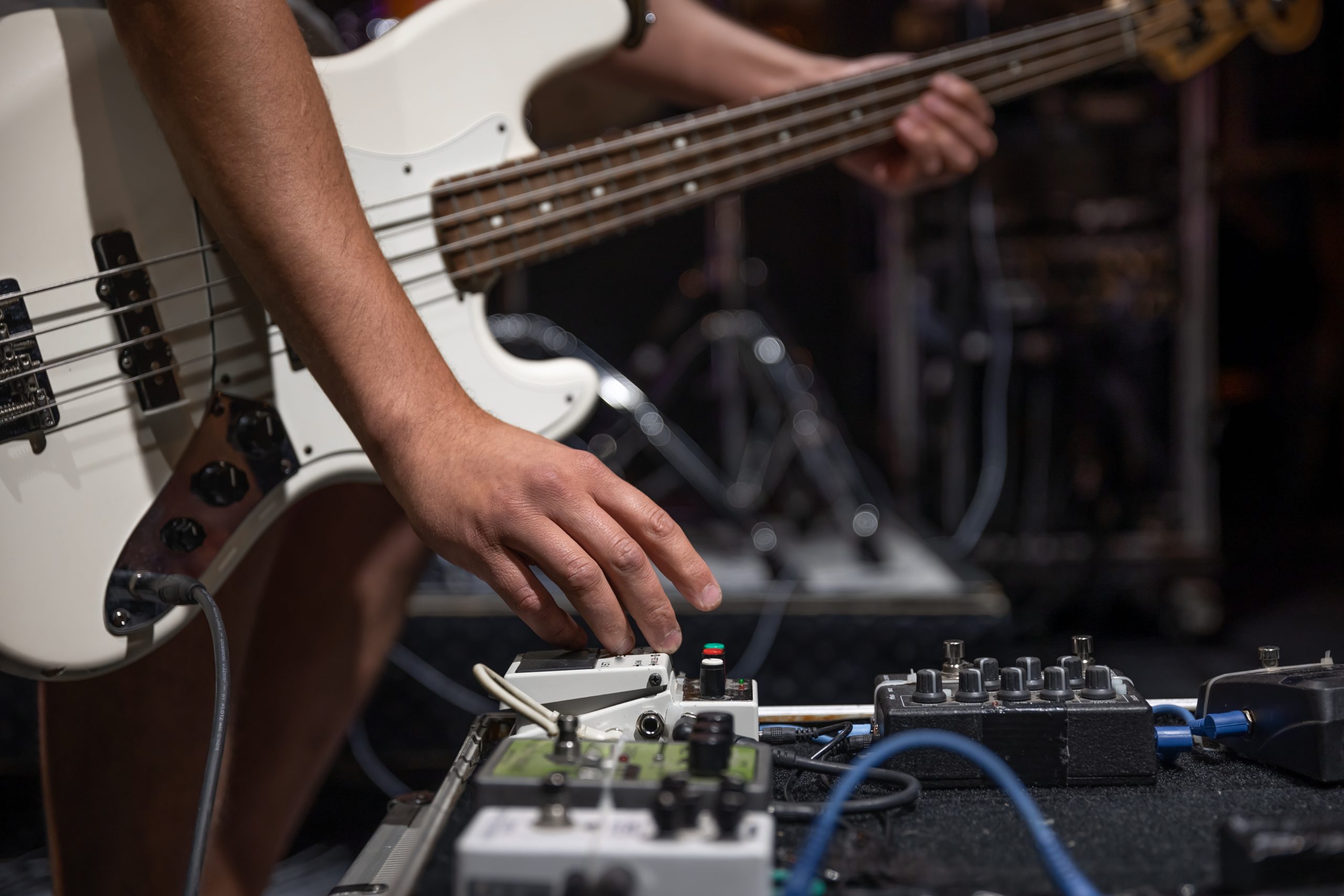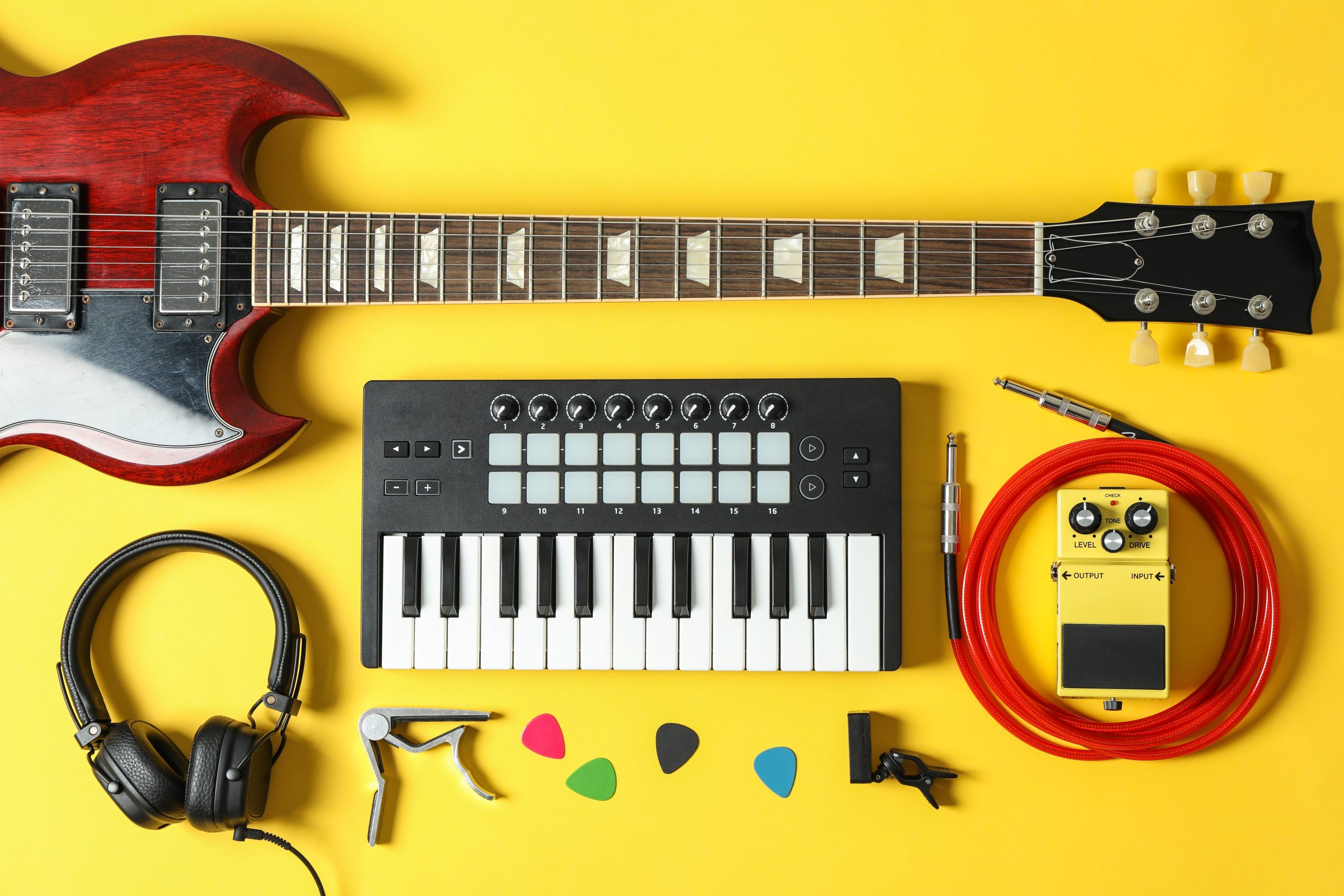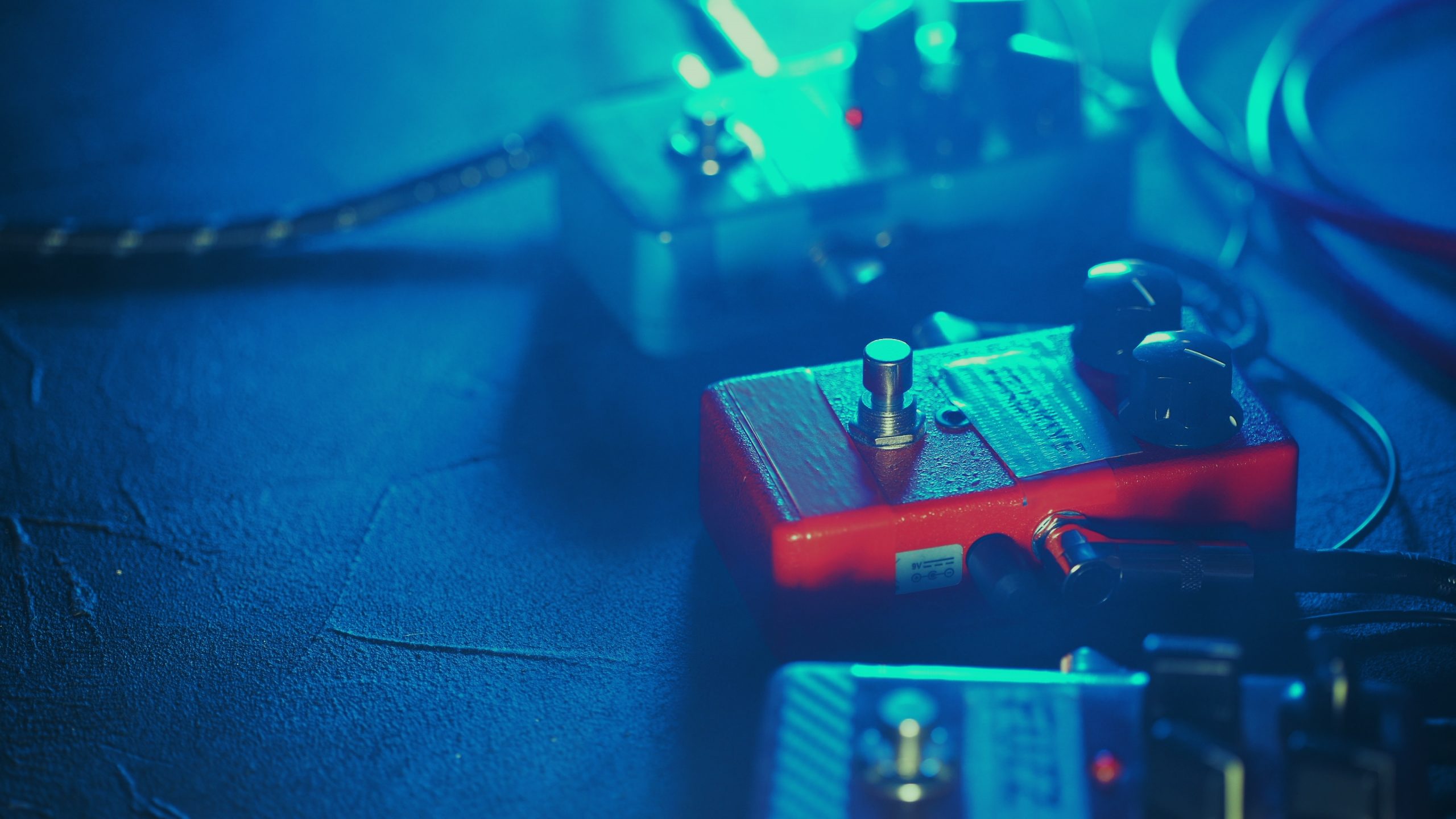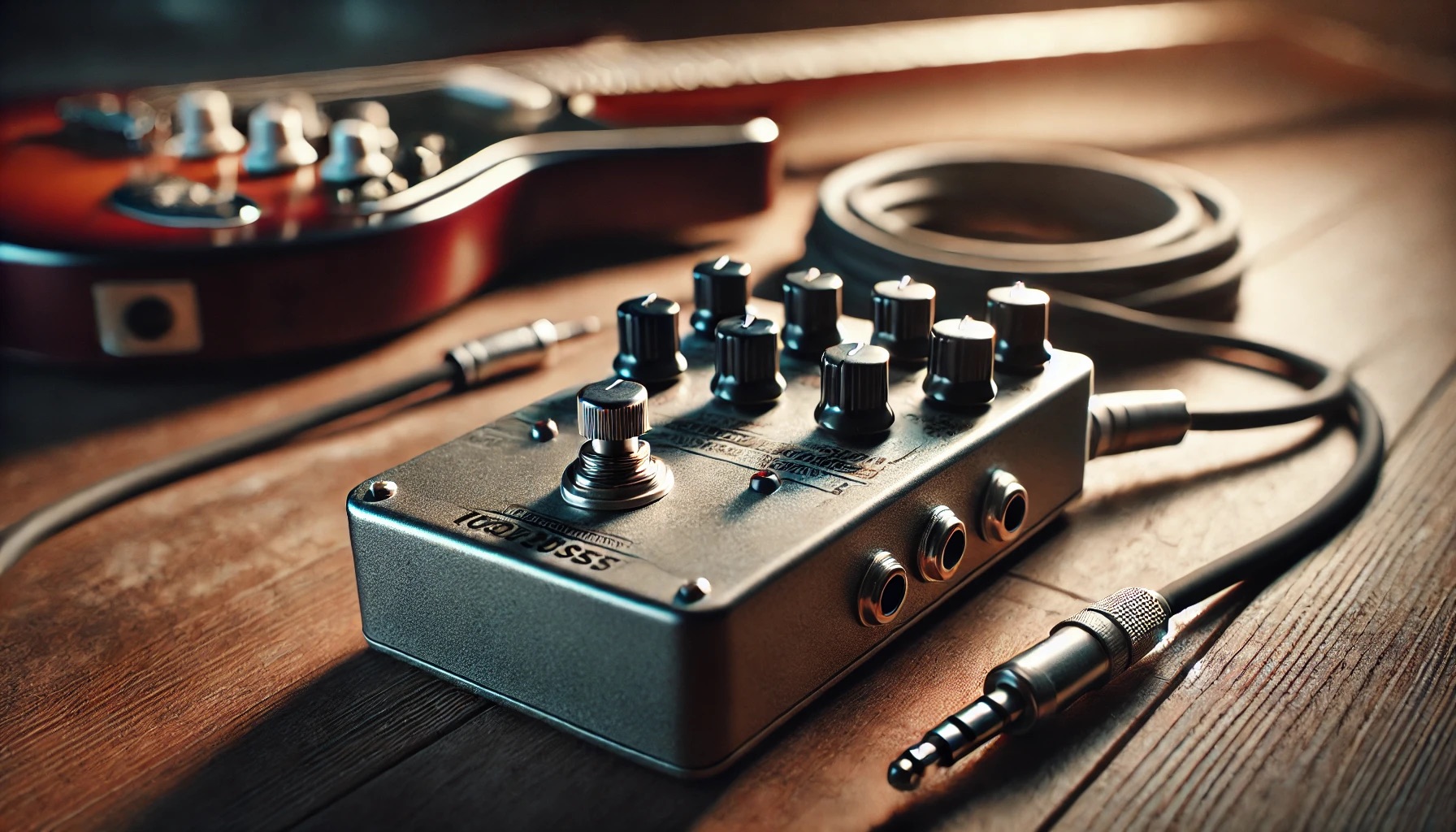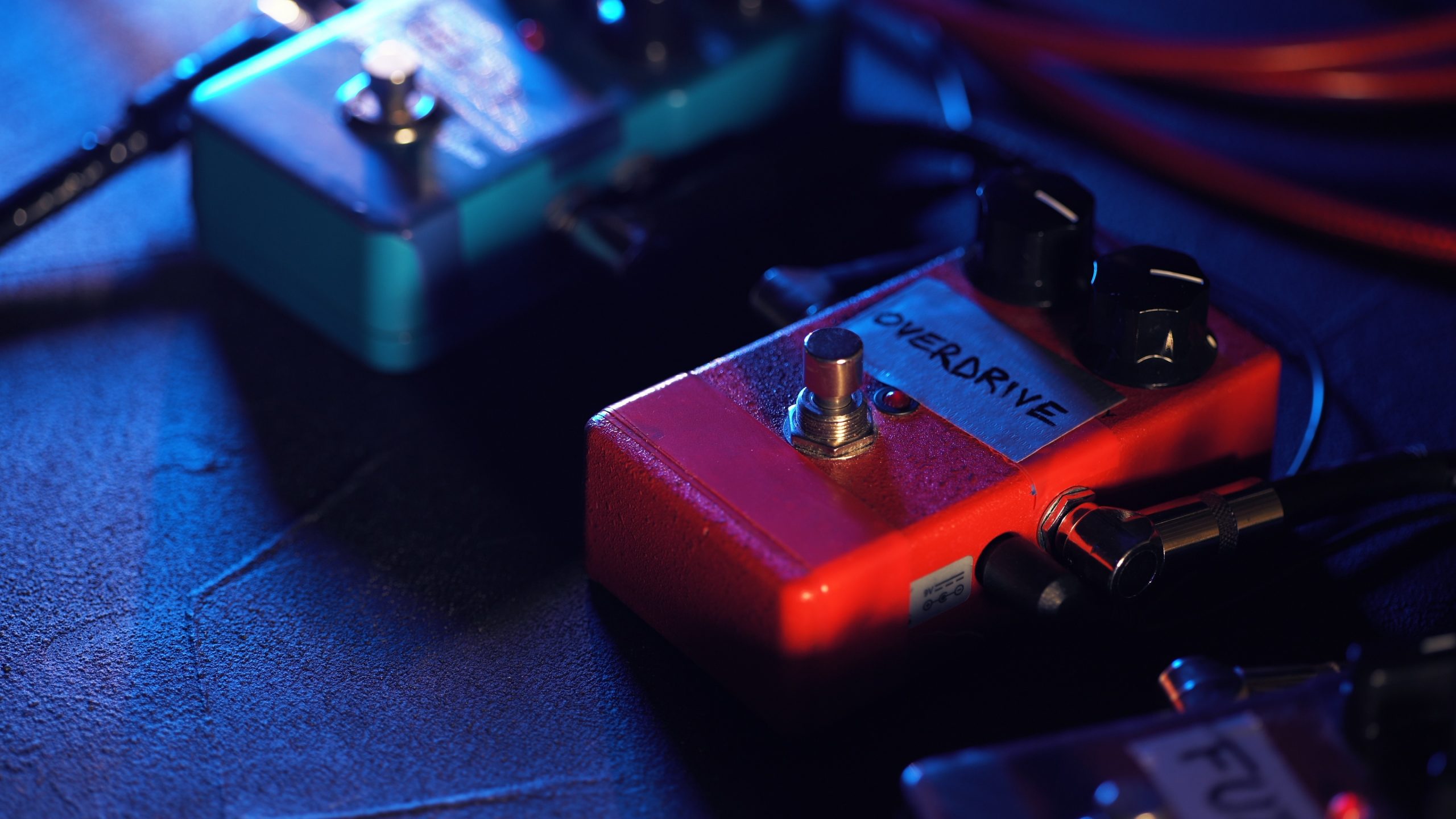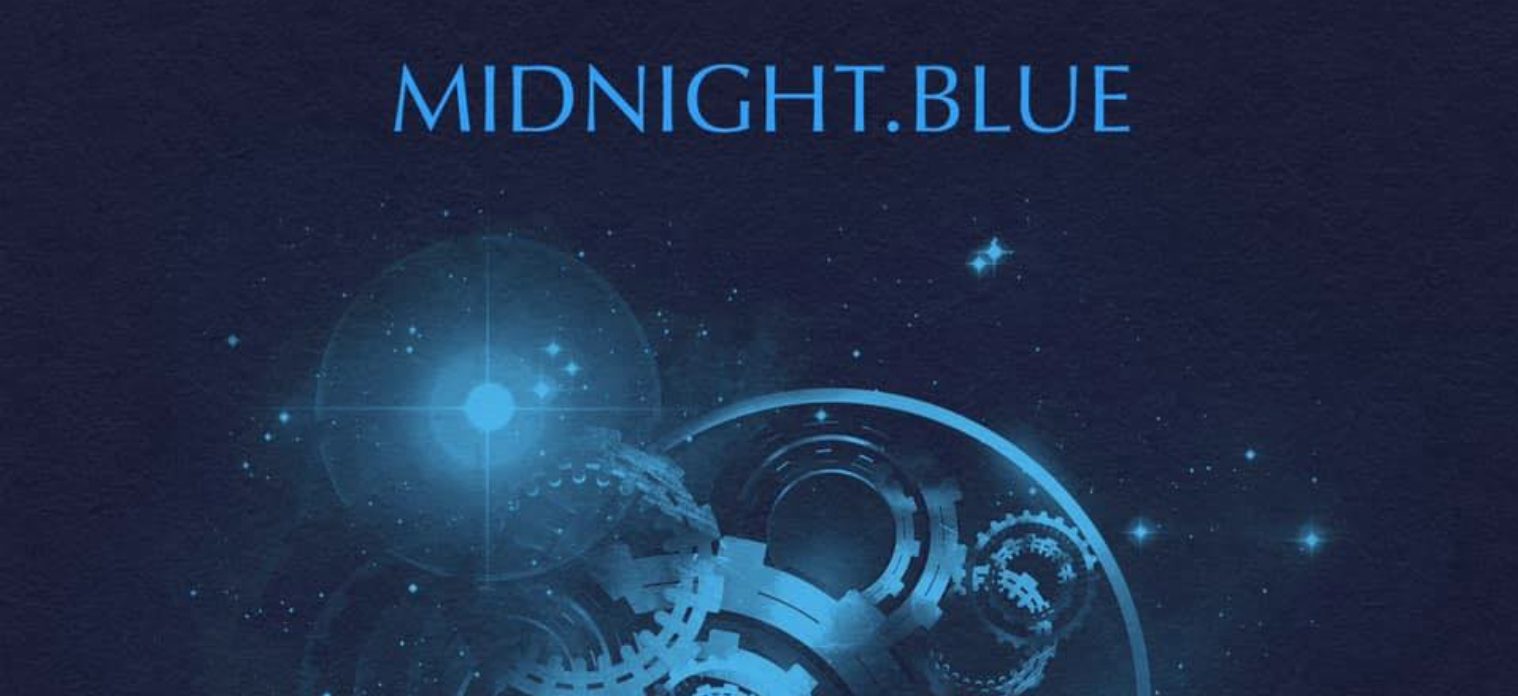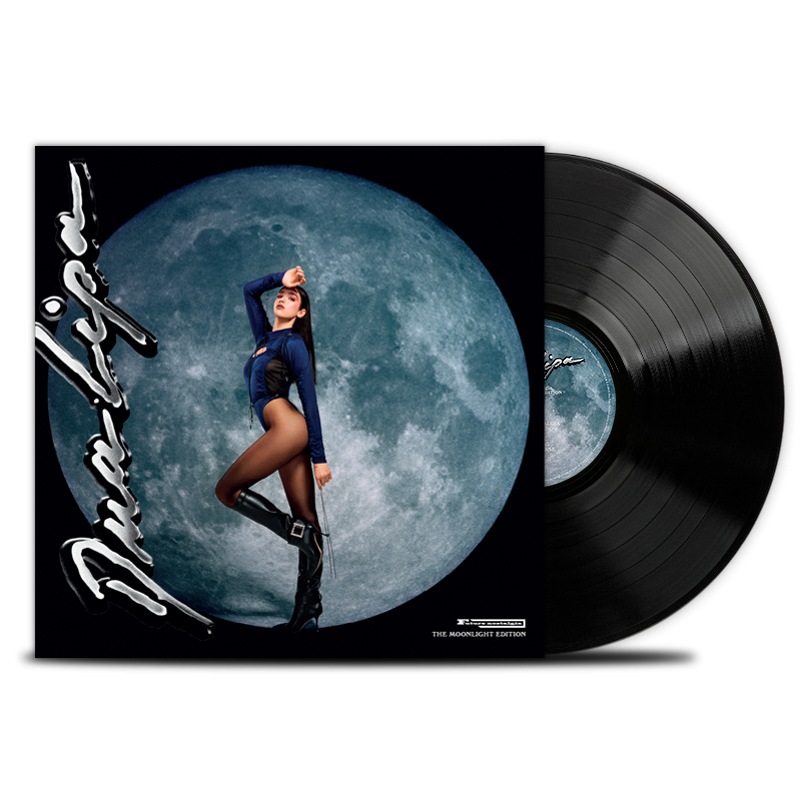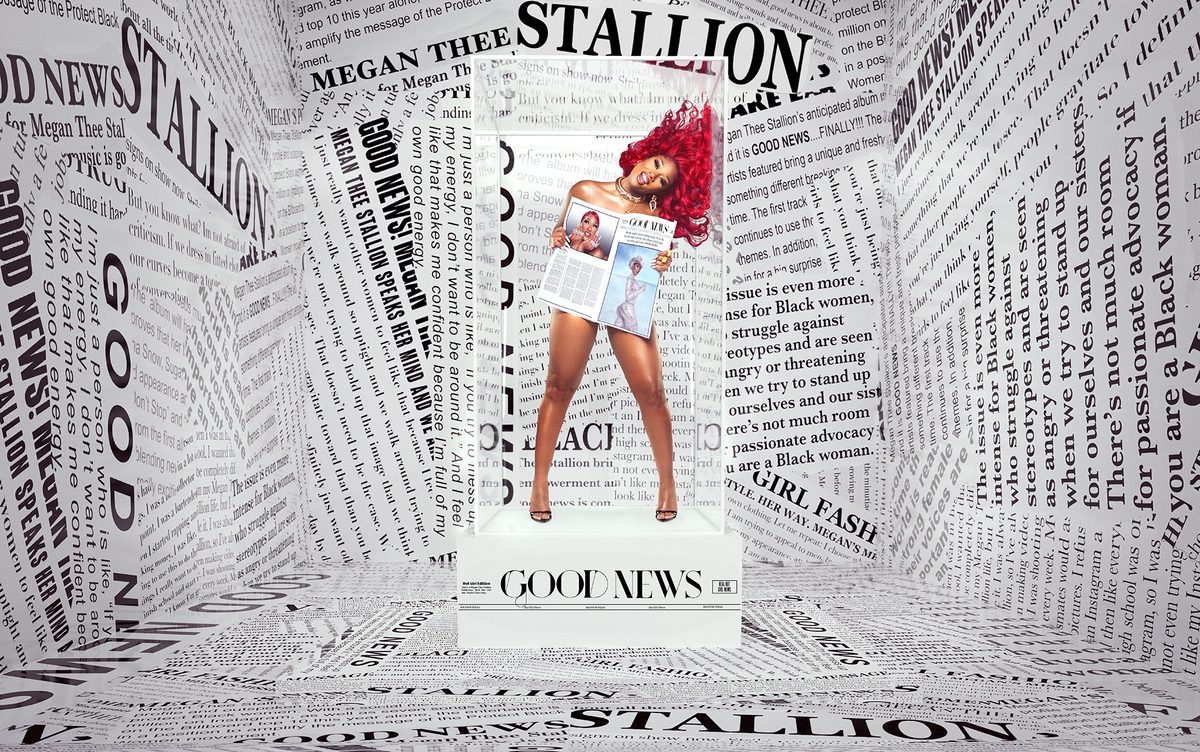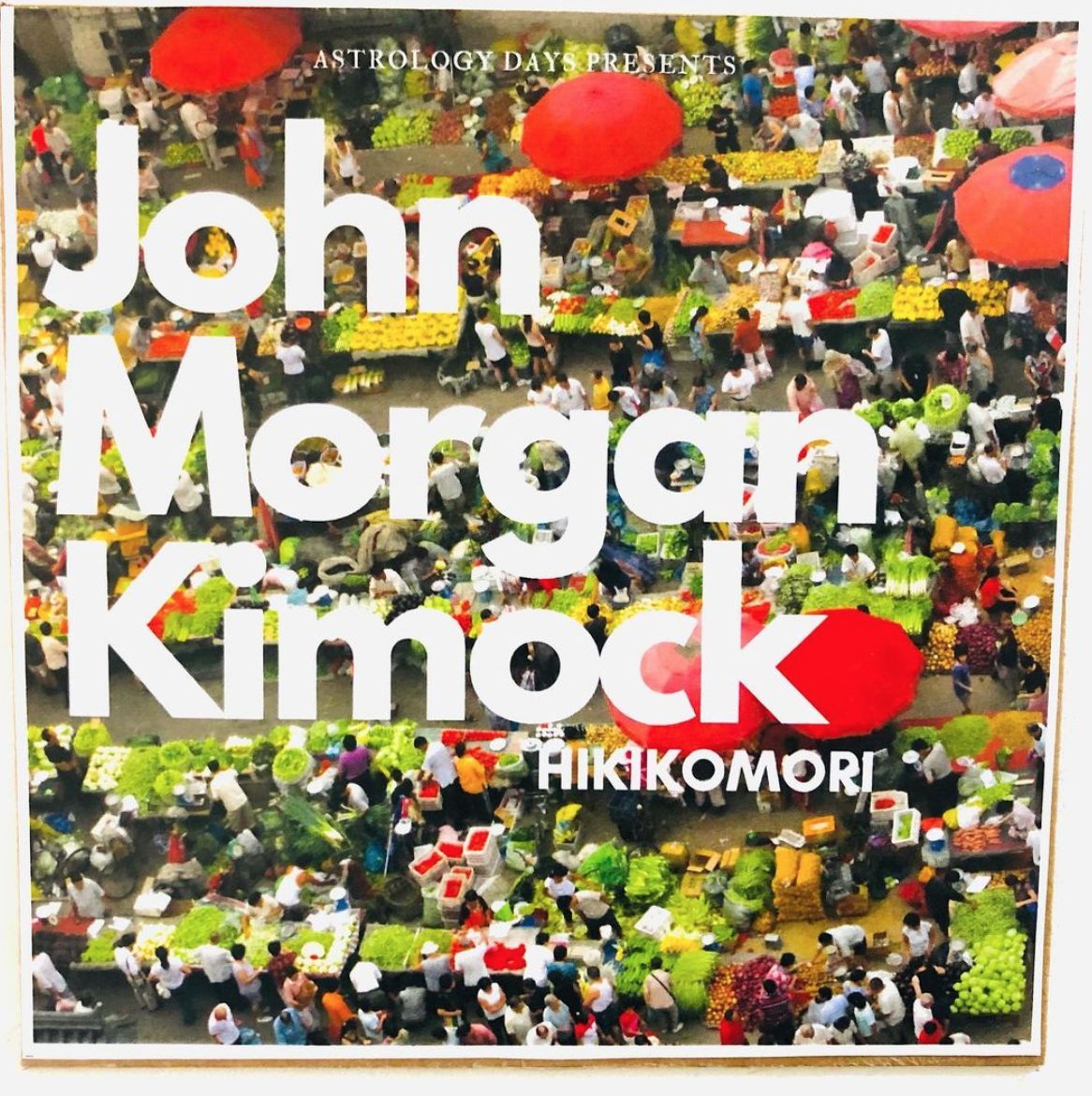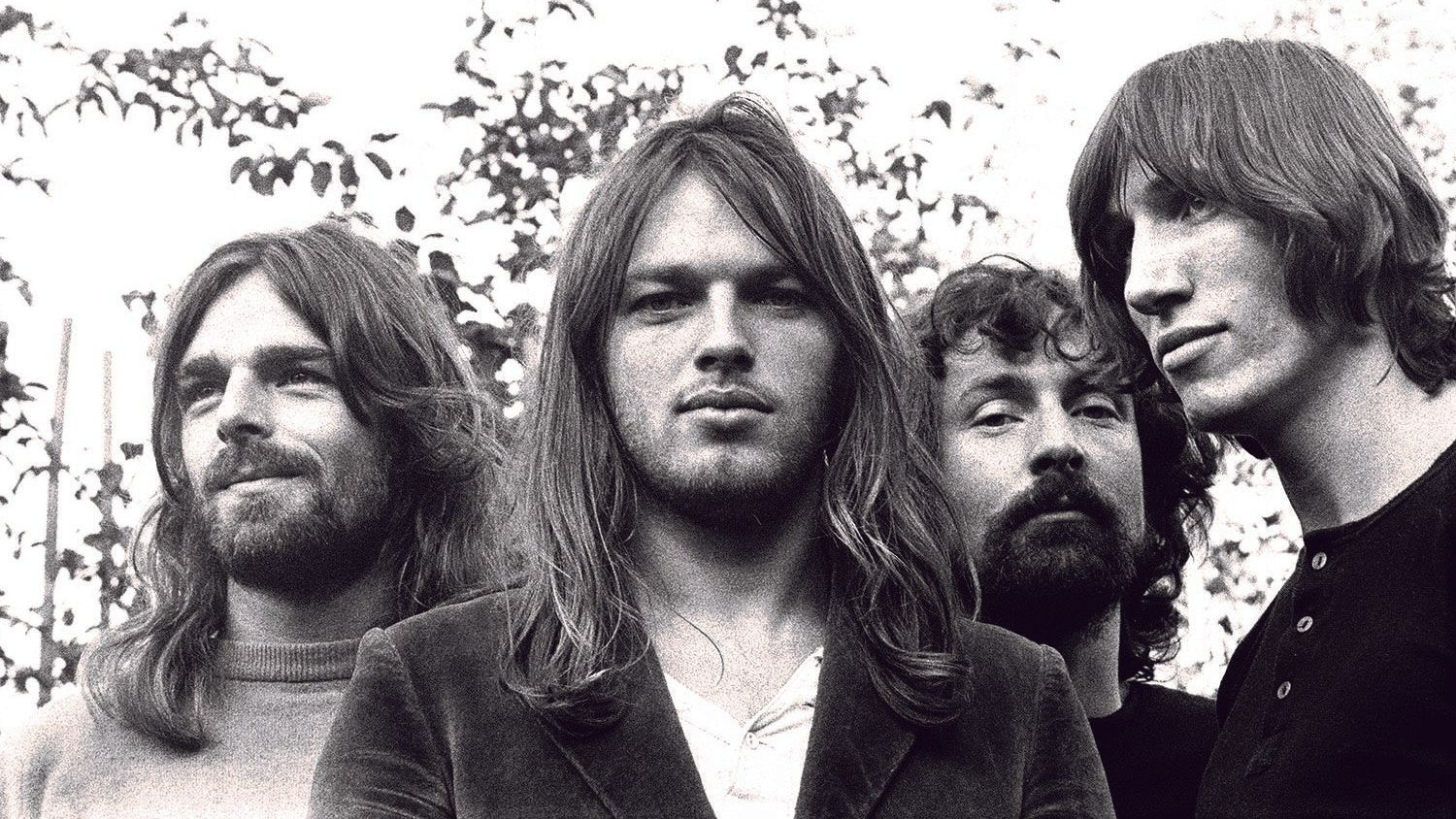KEY TAKEAWAYS
- Pedals, or effects pedals, bring nifty effects and new tonal possibilities to various musical instruments, including the electric guitar.
- These pedals transform the signal coming from the electric guitar pickup before it enters the amp or audio interface.
- Popular pedal types include reverb pedals, delay pedals, echo pedals, distortion pedals, fuzz pedals, wah-wah pedals, and more.
If you are new to the wide world of instrument effects, you may wonder what is a guitar pedal. Many of the best guitars, after all, integrate with pedals quite nicely. So what exactly is a guitar pedal, what makes for the best guitar pedals, and what types of pedals are available to players? Keep reading to find out.
Guitar Pedals Defined
So, what is a guitar pedal? Before learning what a delay pedal does, you need information on pedals in the first place. Simply put, a guitar pedal is an effects box that transforms the signal from the guitar pickup, like if you are learning what is a loop pedal, for instance. These pedals run the gamut with regard to the type of effects if you are learning how to use a noise gate pedal. There are even pedals that recreate classic organs and other instruments on guitar, so you don’t have to rely solely on your guitar fingers.
Popular Guitar Pedal Types
There are so many high-quality guitar pedals out there, with more being manufactured every day. Here are some of the more popular guitar effects pedal types available for purchase.
Distortion and Overdrive
When you think of a guitar pedal, you likely picture a simple distortion or overdrive pedal. These effects, as the names suggest, either distort or overdrive the signal to create a pleasing and crunchy tone that is appropriate for heavy metal, rock, and plenty of other genres. This type of pedal ranges from light distortion to full-on blown-out mayhem to suit the needs of different players.
Reverb Pedals
Simply put, reverb emulates the sound of being in a room of some kind, though many opt for wide-open reverbs that create a dramatic effect. You often find reverbs built right into amplifiers, especially spring reverbs. However, this type of pedal has grown in popularity throughout recent years as musicians discover new uses, such as plugging them into a synthesizer.
Delay and Echo Pedals
If you are looking for “that” tone, nothing gets you there like echo or delay. Simply put, this type of pedal repeats notes from the original signal at pre-designated intervals. This creates, you guessed it, an echo or delay. The uses for this type of pedal are myriad, and this is a popular sound in alternative rock, hip-hop, goth music, and more.
Guitar Pedal FAQs
Why do I need a pedal?
You don’t need a pedal, per se, though they help create different tones. Each type of pedal, such as phaser pedals, multi-effects units, multi-effects pedals, compressor pedals, and boost pedals, all have their uses.
How do I use a pedal?
It depends on the individual pedal, as each transforms the guitar tone in unique ways. Check the instruction for the single pedal or multi-effects unit and give it a go.
What are the most essential pedals?
The most essential pedal is the one you like the most, as there are no hard and fast rules here. Still, try out EQ pedals, looper pedals, chorus pedals, and multi – effects pedals on a pedal board for a wide range of guitar tones.
STAT
“Guitar effects pedals, also known as “stomp-boxes,” are yet another useful tool in the guitar player’s toolbox for tone shaping. They are foot-pedal boxes that provide sound effects for the guitar.” (Source)
TIP: Pedals are available in a wide array of price ranges, from $30 all the way up to $500 or more.
Sources
https://www.libertyparkmusic.com/guitar-effect-pedals-types-and-sounds/
https://en.wikipedia.org/wiki/Effects_unit
https://www.andertons.co.uk/beginner-guitar-pedal-guide
https://en.wikipedia.org/wiki/Pedal_steel_guitar
https://www.sweetwater.com/insync/guitar-pedal-buying-guide/




